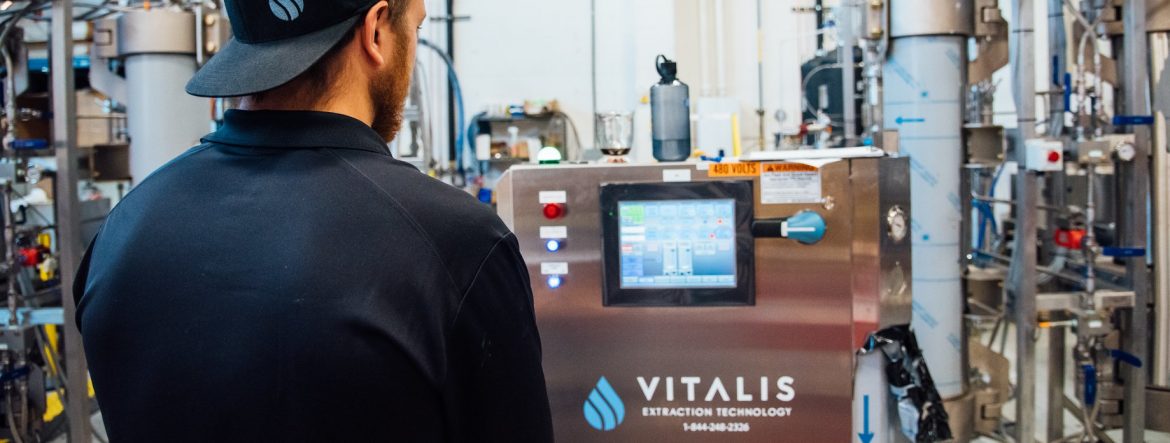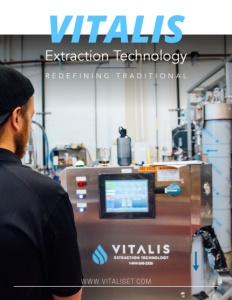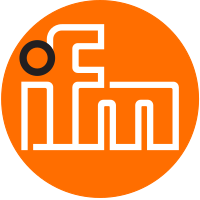Vitalis Extraction Technology
Redefining traditional
Business View Magazine interviews Joel Sherlock & Pete Patterson, co-founders of Vitalis Extraction Technology, for our focus on the Canadian Cannabis Industry.
Based in Kelowna, B.C., Vitalis is the manufacturer of the most sophisticated industrial Supercritical CO2 extraction system in the world. Focused on superior quality, and a strong commitment to research and development, the Vitalis certified Supercritical CO2 extraction equipment is re-defining the capabilities of traditional extraction methodologies.
With a heavy-duty hydraulic pump, dual extraction lines, industrial grade CO2 recovery system, TrueCyclonic separation technology, and modular assembly for future scalability, the Vitalis system is built for heavy-duty workloads, massive capacity, and continual growth. With more industrial-sized supercritical CO2 extraction machines in the field than any other manufacturer, Vitalis continues to deliver on promises of quality, innovation, and support.
In just four years, the company has grown to 100 employees with year-over-year growth of 154 percent, making it the largest global manufacturing business servicing the cannabis industry. Recently, Business View Magazine spoke with Vitalis co-founders, Joel Sherlock (CRO) and Pete Patterson (COO), about their company’s remarkable success in this fast-evolving sector.
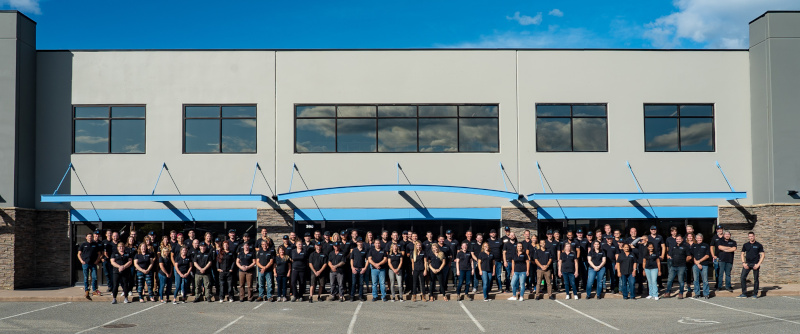
2019 Team
BVM: What is the backstory behind Vitalis?
Sherlock: “My background is in private equity in the real estate space, and in 2011, I was approached about a warehouse we owned. We had it listed for $10 a square foot. They made an offer of $12, and I thought, ‘that’s terrible negotiation- why?’ When they informed me they had a license from the government to grow cannabis, I laughed and ushered them out of my office. Turns out they were legit. So, we became landlords of one facility, then another, and learned a lot about the market and a need that was emerging with a lot of smart cannabis guys raising money but not knowing how to proceed. So Pete and I formed a consulting firm to help entrepreneurs put business plans together and look at different opportunities. That gave us an accelerated education in a lot of different markets. Neither of us are experts in the cultivation side, so we steered clear of that and got into equipment finance, a plant food company – the pick and shovel side of things. A ton of money was being spent on extraction machines, but there was universal frustration from us, the financiers of the machines, because it was hard to get them quickly; hard to get straight answers on how they worked, or what the price would be.
“They’d tell us the machine was $175,000 and we’d write them a check and then they’d say the chiller was an additional $24,000, and something else was another $10,000. So the whole experience was frustrating. Then, when we had a couple of those machines in field, different science teams couldn’t talk to each other. Different sets of spare parts couldn’t be shared. Pete and I were having discussions about the need to simplify things under one platform – we wanted bigger vessels, the science teams wanted colder processing, faster pumps, and the financers wanted a deal. It was a universal answer when we took that out to manufacturers – no customization, no deals… scram.
“I didn’t like that answer, so I went to a friend, James Seabrook, who was the lead engineer at a company building mobile drilling rigs for oil and gas and is now a member of our ownership group (there are just the three of us). He said ‘no problem’ to building the pumps we needed, but ultimately the manufacturers he worked with didn’t want to get into the cannabis sector. It took me some time but I eventually talked the guys into quitting their job and starting a manufacturing company and that was the beginning of it.”
BVM: Where do you operate?
Sherlock: “We take everything from raw steel forward at our sites in Kelowna. We have our weld and pressure shop, assembly shop, pressure testing shop, and we just bought a larger building to bring some of those teams together. So we’ll be operating three main facilities in Kelowna. And we have a team in Bogota, a team in Europe based in Greece, and a warehouse in Las Vegas. Our major customers include Afria, Valens, Medipharm in Canada, and some of the largest MSOs in the U.S. – in reality, we power most of the commercial extraction teams, globally, if they’re running CO2.”
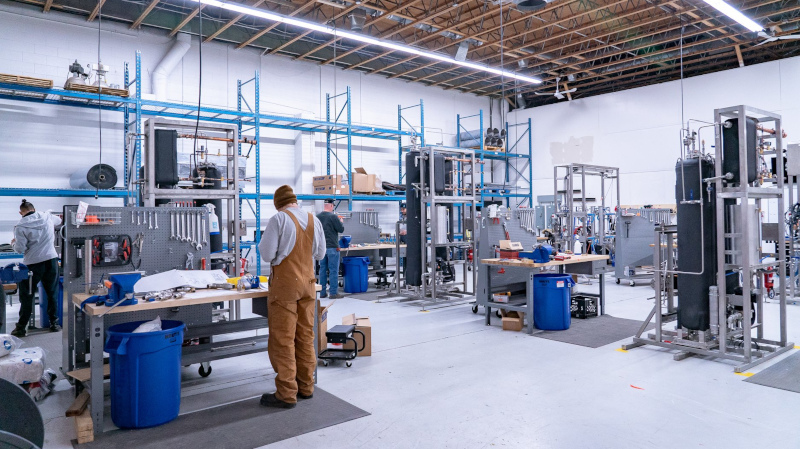
BVM: What are your biggest challenges?
Sherlock: “The speed the market is innovating. As an equipment company, selling machines is a quarter of the battle. Servicing is the much larger piece. When people are looking at investing a million-plus dollars into equipment, we always recommend looking at the merits of how it’s going to perform and what the throughput and up-costs will be. But also, take a hard look at the service team that will be supporting you until the end of that equipment’s life.”
Patterson: “And seeing the equipment from a global perspective, that’s a major component as our customer base continues to grow. If you look at the major Canadian LPs, as they expand their equipment with us, globally, they’re requesting the same level of service they get in Canada for their facilities in Europe, in Australia, in South America. And that’s a major component to a business challenge and making sure we have that level of customer service they’ve come to expect. A lot of Vitalis’s reputation is based on the service we provide to the industry. That’s carried our name a long way.
“After we’ve delivered the machine, the Vitalis service team will show up at the customer’s site and do the start-up. On top of that, service technicians will come out for any warranty or aftermarket service we provide. We’re looking at massive industrial-scale equipment here, and it’s very important to our customer base that they are up and running at all times. So we need to have somebody who can be dropped onsite at a moment’s notice. That’s critical to our partners. The extraction equipment is the heartbeat of an organization’s revenue stream.
“We’re not just an equipment provider, we’re a full solutions provider. With the nuances of the cannabis industry, and how early stage it still is, a lot of organizations are looking for best practices; looking for best selection when it comes to vendors. They’re looking for a strategic partner and that very much is how we’ve grown this company, so we can continue to be that for our customers.”
BVM: How often does the equipment need to be updated?
Patterson: “With the Vitalis equipment that we’ve designed and developed, you can be an incredible manufacturer in your industry for the next 15 to 20 years. It’s built to last. When we talk about innovation, it’s really components that you can add to the system to improve performance or reliability. That’s the focus of our innovations, it’s less about the equipment becoming obsolete. There’s little chance of that because the mechanics don’t change, it’s just small things that add to the ease of use, etc.
“We have a standard training manual and train every customer. We get a good idea of what they’re looking to accomplish and then tailor that training so they can operate the equipment in the methods that will provide the output they require. Our technicians will typically be onsite for a week – a day to start up the machine and the rest of the time training the customer. In a situation where we’re doing an installation in a GMP (Good Manufacturing Practices) facility, especially in the medical cannabis industry, our team will be there for an additional week, issuing installation qualifications, performance qualifications, operating qualifications, and helping train customers on that side of things, as well, because there’s a lot of documentation required.”
Sherlock: “Training is such an integral piece of our business model. With the rate at which these companies are scaling, the idea of selling a machine is just step one in our relationship. Often, the operators are running a piece of industrial machinery for the first time. And the company may not understand that maintenance on the equipment is not optional. So, a lot of our training goes into how to maintain the equipment for a long life, how to minimize downtime, how to properly manage your inventory of spare parts.”
BVM: What plans do you have for Vitalis over the next three to five years?
Sherlock: “Most of our manufacturing will be based in Kelowna and we’ll have more parts centers or distribution hubs elsewhere. And we’ll be adding a few more people on our sales teams in Europe, one or two more on our Latin America service teams.”
Patterson: “We recently installed a Q90 system in Australia and we lease some warehouse space there where we hold inventory, and we’re just in the final stages of hiring a Vitalis employee who will be a service technician. We had to do a full review on our own processes to ensure we were doing everything right for what was required by the Australian government in the cannabis sector. It’s incredible what they’re asking for but we were happy to be able to supply that.”
Sherlock: “We’d like to see increased compliance across this industry. It means safer manufacturing, safer operation at our customer sites when they’re using appropriately certified equipment, and a better quality product for the end consumer. With proper extraction methodology, where we can track any deviances from the quality control process, we can ensure that the patient or the consumer is getting the same product every single time. And that’s critical.”
AT A GLANCE
Who: Vitalis Extraction Technology
What: Global leader in CO2 extraction solutions
Where: Kelowna, B.C.
Website: www.vitaliset.com
PREFERRED VENDORS
Hy-Lok – www.hylok.ca
Since 1977, Hy-Lok has been a respected global leader when it comes to the manufacturing and supplying of fluid system components. Our extensive catalogue of valves, fittings, presetting tools and more, have earned Hy-Lok a reputation for exceptional quality, unbeatable customer service, and a dedication to innovation in our field. Each of our Canadian and worldwide locations from North America to Korea, where our development is based, prides themselves on ensuring our customers always have access to the best solutions on the market, as well as expertise they can trust.
